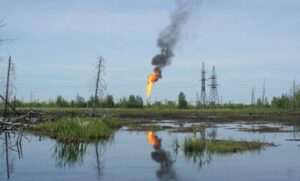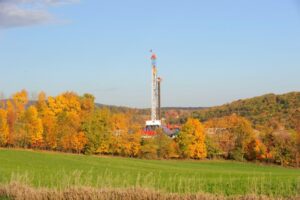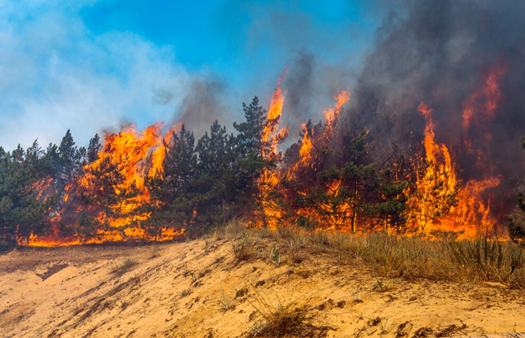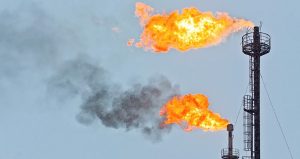
Senator John Hickenlooper (D-CO) meets with oil industry and environmental group leaders at kick-off event for orphan well remediation program in Adams County, CO
By Adam Peltz and Meg Coleman
Across the country, a million or more orphaned oil and gas wells threaten the climate, public health, groundwater and surface waters and hamper local economic development. Help is on the way thanks to a major federal effort to invest $4.7 billion in closing orphan wells under the Revive Economic Growth and Reclaim Orphaned Wells Act as part of the Bipartisan Infrastructure Law, but the scale of the problem is vast.
In order to get a handle on these orphaned wells, New Mexico Sen. Ben Ray Luján , Democrat, and North Dakota Sen. Kevin Cramer, Republican, worked together to secure well closure funding in BIL. Now, they have reintroduced the Abandoned Well Remediation Research and Development Act and a bipartisan group in the House led by Pennsylvania Rep. Summer Lee, Democrat, and republican Oklahoma Rep. Stephanie Bice have introduced a companion bill. This important, bipartisan legislation would invest more than $150 million over the next five years to help find an estimated 800,000 undocumented orphan wells, reuse those we can for beneficial purposes and ultimately close all of the rest more effectively and affordably. While partisan politics seem to divide the Capitol these days, it is exciting to see leaders on both sides of the aisle come together to address orphan wells.















